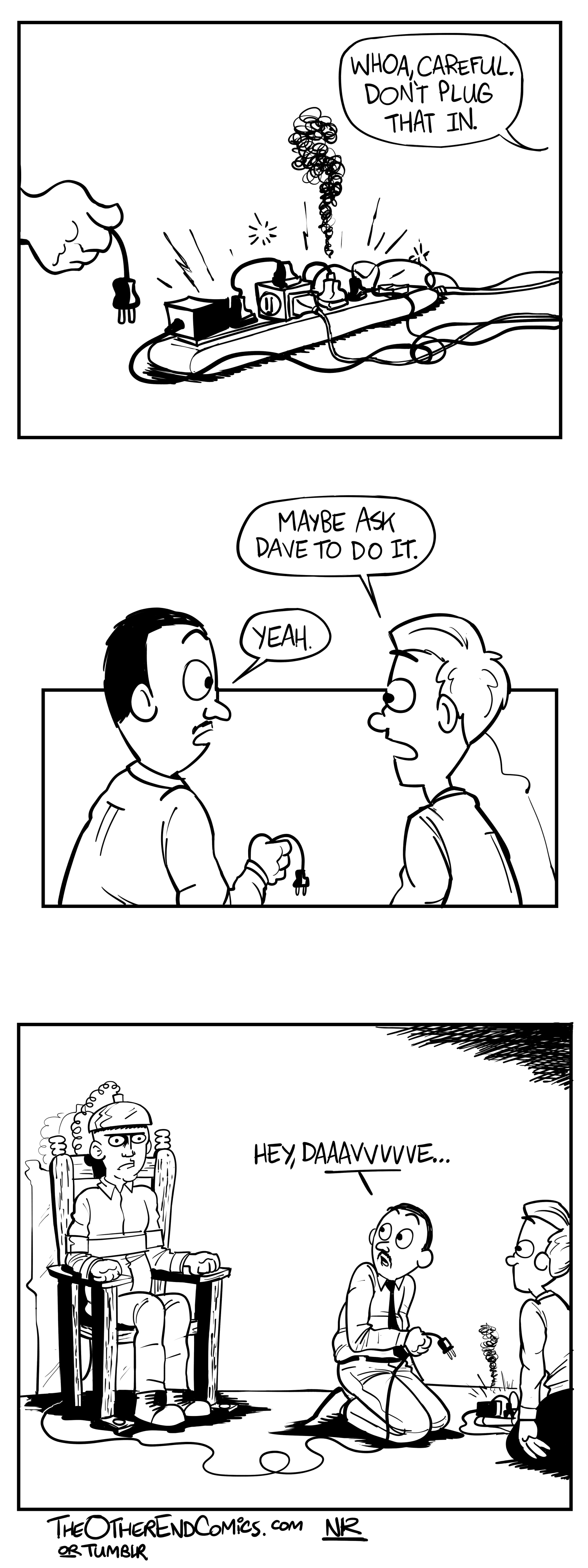The concept of the "1 girl electric chair" has sparked significant interest and debate across various platforms. This unique phrase often brings curiosity, raising questions about its origin, meaning, and implications. In this article, we will delve into the topic, exploring its historical context, cultural significance, and ethical considerations.
This intriguing phrase has become a point of discussion among enthusiasts, researchers, and those intrigued by unusual narratives. By examining its origins and relevance, we aim to provide a thorough understanding of the subject matter while addressing its multifaceted dimensions.
Our exploration will cover historical references, cultural implications, and ethical considerations, ensuring a balanced and informative perspective. This article aims to equip readers with comprehensive knowledge while maintaining sensitivity to the subject's nuances.
Read also:Stunmic Quinn The Rising Star In The Music Industry
Table of Contents
- History of the Electric Chair
- Cultural Impact of the Electric Chair
- Legal Aspects and Controversies
- Ethical Considerations
- Representation in Media
- Psychological Effects
- Technological Evolution
- Global Perspective
- Key Statistics and Data
- Conclusion and Call to Action
History of the Electric Chair
The electric chair, first introduced in the late 19th century, represents a significant development in capital punishment methods. Initially conceived as a more humane alternative to hanging, it quickly became a contentious issue. The first recorded use of the electric chair occurred in 1890, marking a pivotal moment in penal history.
Early Development and Implementation
During the late 1800s, the electric chair was developed as a response to public demand for more efficient execution methods. Advocates argued that it provided a quicker and less painful death compared to traditional methods. However, early implementations were fraught with issues, leading to numerous controversies and public outcry.
Key milestones in the development of the electric chair include:
- 1887: The state of New York passed legislation approving the use of the electric chair.
- 1890: William Kemmler became the first person executed via electric chair.
- 1920s: Widespread adoption across several states in the United States.
Cultural Impact of the Electric Chair
The electric chair has left an indelible mark on popular culture, influencing literature, film, and music. Its portrayal in media often reflects societal attitudes toward capital punishment and justice. The phrase "1 girl electric chair" may stem from fictional or historical narratives involving women sentenced to death.
Representation in Literature
Many novels and short stories have explored the theme of the electric chair, often highlighting the emotional and psychological toll on both the condemned and society. Works such as "The Green Mile" by Stephen King bring attention to the human aspect of capital punishment, sparking discussions about its morality.
Legal Aspects and Controversies
Legally, the use of the electric chair remains a contentious issue. While some states in the U.S. still permit its use, others have abolished it entirely. The phrase "1 girl electric chair" may reference specific cases where women faced execution, drawing attention to gender disparities in the justice system.
Read also:Hdhub4u Movies Hindi Dubbed Your Ultimate Guide To Streaming And Downloading
Contemporary Legal Challenges
Modern legal challenges to the electric chair focus on its constitutionality and effectiveness. Critics argue that it constitutes cruel and unusual punishment, violating human rights principles. Recent court rulings have further restricted its use, emphasizing the need for humane alternatives.
Ethical Considerations
Ethically, the electric chair raises profound questions about the nature of justice and punishment. Proponents argue that it serves as a deterrent to crime, while opponents highlight its potential for error and irreversible consequences. The phrase "1 girl electric chair" underscores the need for careful consideration of these ethical implications.
Key ethical considerations include:
- Potential for wrongful convictions.
- Impact on mental health and dignity.
- Consistency with human rights standards.
Representation in Media
Media plays a crucial role in shaping public perception of the electric chair. Movies, documentaries, and news reports often depict its use in dramatic or sensationalized ways. The phrase "1 girl electric chair" may resonate with audiences due to its evocative nature, prompting deeper exploration of its context.
Documentary Films and Investigative Journalism
Several documentaries and investigative pieces have examined the history and impact of the electric chair. These works provide valuable insights into its evolution and societal implications, encouraging critical thinking and informed discussions.
Psychological Effects
The psychological effects of the electric chair extend beyond the condemned individual, impacting prison staff, witnesses, and the broader community. Research indicates that exposure to capital punishment can lead to trauma and emotional distress among those involved.
Impact on Prison Staff
Prison staff tasked with carrying out executions often experience significant psychological burdens. Studies suggest that this responsibility can lead to anxiety, depression, and post-traumatic stress disorder (PTSD). Addressing these effects is essential for maintaining a healthy and supportive work environment.
Technological Evolution
Advancements in technology have influenced the design and implementation of the electric chair. Modern iterations aim to improve efficiency and reduce the likelihood of complications during executions. The phrase "1 girl electric chair" may also reference these technological advancements, highlighting their relevance to contemporary debates.
Innovations in Execution Methods
Recent innovations in execution methods include the development of more precise electrical systems and improved safety protocols. These advancements aim to minimize risks and ensure a more humane process, aligning with evolving societal values.
Global Perspective
Globally, attitudes toward the electric chair vary significantly. While some countries have abolished capital punishment entirely, others continue to use it as a form of justice. The phrase "1 girl electric chair" may resonate differently across cultures, reflecting diverse perspectives on its use.
International Human Rights Standards
International human rights organizations advocate for the abolition of capital punishment, citing its irreversibility and potential for error. Global treaties and agreements emphasize the importance of respecting human dignity and promoting non-violent alternatives to conflict resolution.
Key Statistics and Data
Data from reputable sources provide valuable insights into the use of the electric chair. According to the Death Penalty Information Center, the number of executions using this method has declined significantly in recent years. This trend reflects growing concerns about its ethical and practical implications.
Key statistics include:
- Decline in electric chair use by 50% over the past two decades.
- Increase in public support for alternative methods of capital punishment.
- Higher error rates associated with early implementations of the electric chair.
Conclusion and Call to Action
In conclusion, the phrase "1 girl electric chair" encapsulates a complex and multifaceted topic with historical, cultural, and ethical dimensions. By examining its origins, impact, and implications, we gain a deeper understanding of its significance in contemporary discourse.
We invite readers to engage in meaningful discussions about capital punishment and its role in society. Share your thoughts in the comments section below or explore other articles on our website for further insights. Together, we can contribute to a more informed and compassionate world.


